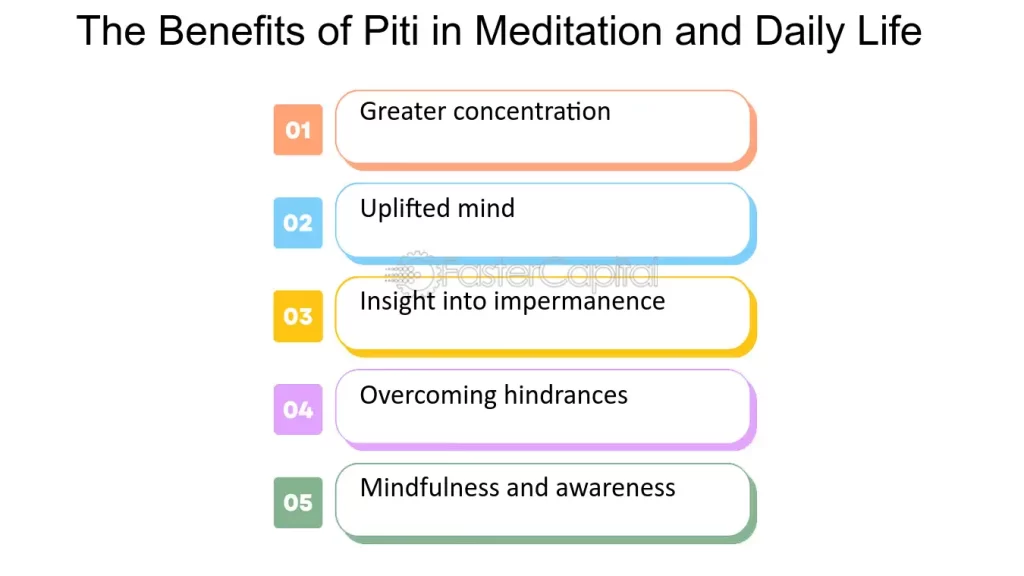
Astrology enthusiasts know that planetary movements hold insights into daily life experiences. Planetary transits describe the movement of planets as they pass through each zodiac sign. As these cosmic forces shift, they create dynamic energies that can influence thoughts, emotions, and behaviors.
For instance, when Mars enters a new zodiac sign, you may feel an energy surge, while Mercury’s retrograde often brings a sense of miscommunication. Understanding transits allows for awareness of when challenging or beneficial energies might arise. Knowing how these energies impact daily life can empower you to make the most of favorable periods and navigate difficulties with patience.
What Are Planetary Transits?
Planetary transits refer to the movement of planets across the zodiac signs. Each transit, depending on the planet involved, holds its unique energy and significance. These planetary movements interact with our birth charts, creating periods of ease or challenge based on the alignment of planets.
For instance, when Venus transits a zodiac sign, it influences areas related to relationships, beauty, and harmony. In contrast, Saturn’s transit may bring structured focus and even restrictions. Each planet has a distinct impact, creating an ever-shifting landscape of emotional and behavioral tendencies.
By tracking these transits, people can anticipate and respond to fluctuations in their lives. Recognizing these cosmic shifts can lead to more conscious actions in day-to-day scenarios.
The Role of Astrological Transits in Daily Life
Planetary transits affect various facets of daily life, from our emotions to our interactions with others. Depending on the planet’s energy, you might find yourself more introspective, impulsive, or inspired during certain periods.
For instance, a Moon transit may intensify emotional sensitivity, while a Jupiter transit could expand one’s perspective, promoting optimism and growth. These transits directly impact aspects like productivity, mood, and even how we approach relationships.
Understanding the influence of transits on daily experiences helps people to see patterns and adjust actions accordingly. Knowing a challenging transit is underway can prompt self-care routines or cautious decision-making, while a harmonious transit may be an ideal time to pursue personal goals.
Emotional Responses and Planetary Movements
Our emotions often mirror the movements of celestial bodies. Planetary transits can make us feel bold, anxious, or reflective, depending on the planet involved.
For example, when the Moon transits through water signs, emotions can feel heightened and more intense. Mars, associated with action, might bring feelings of restlessness or impatience when transiting through a fire sign.
By observing these emotional responses, individuals can gain insight into when to pursue or pause activities. Recognizing the emotional patterns tied to planetary movements creates a space for mindful choices and emotional balance.
Understanding Planetary Influences on Behavior
The alignment of planets plays a significant role in shaping behavior and decisions. When Mercury is in retrograde, for example, people may experience communication challenges or misunderstandings.
Similarly, a Saturn transit often calls for responsibility and patience, affecting how we respond to duties and setbacks. Knowing these influences allows people to cultivate awareness around their actions and responses, potentially preventing impulsive decisions.
Recognizing how planets shape behavior promotes intentional living, empowering individuals to work with, rather than against, cosmic energies.
How to Use Transit Analysis for Personal Growth
Transit analysis offers valuable insights for personal growth. By understanding planetary movements, you can work on traits like patience, resilience, and self-compassion. For example, difficult transits from Saturn may teach perseverance, while Jupiter transits can inspire confidence and generosity.
Using astrology as a tool for growth encourages a proactive approach to life’s ups and downs. Instead of reacting emotionally, you can learn to embrace each transit as an opportunity for self-improvement. This awareness of astrological timing supports mental clarity and emotional strength.
How Zodiac Signs Respond Differently to Transits
Each zodiac sign reacts uniquely to planetary transits. For instance, an Aries might feel energized during a Mars transit, while a Cancer may become more sensitive during a Moon transit. These individualized responses make the experience of each transit personal and varied.
Fire signs like Leo, Sagittarius, and Aries often respond with passion and action, while Earth signs like Virgo, Capricorn, and Taurus may seek stability. Recognizing your zodiac sign’s tendencies helps you align with your natural responses during various transits.
Knowing how different signs experience planetary influences allows for self-compassion and better communication with others, particularly when signs feel the energies intensely.

Practical Tips for Daily Life Based on Transit Insights
Applying transit insights to everyday life can create a more harmonious experience. During Mercury retrograde, consider double-checking plans and communicating clearly. If a Jupiter transit aligns with your goals, take bold steps towards growth.
Simple adjustments like meditating on emotional days or setting intentions during New Moons can enhance day-to-day experiences. These practices create a rhythm that honors both personal and cosmic cycles.
Whether adjusting to ease or challenge, using astrology as a daily guide encourages intentional living and aligns you with natural energies for a balanced life.




